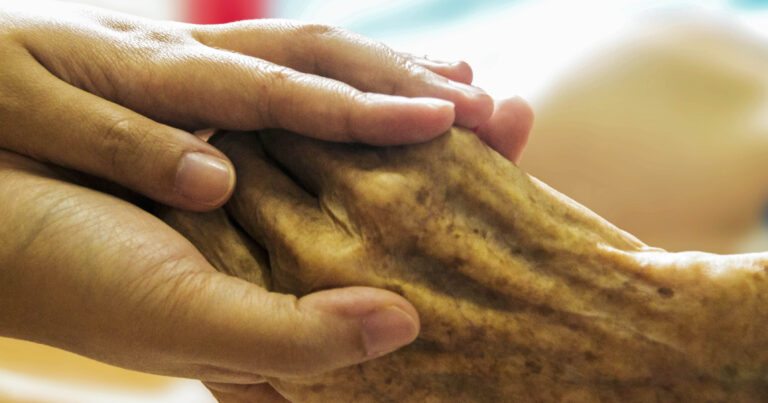Hospice Nurse Career Guide
Looking for a different career guide?
Overview
Hospice Registered Nurses (RNs) play a vital role in providing compassionate end-of-life care to patients and their families. These specialized nurses work in hospice settings, offering physical, emotional, and spiritual support to patients with terminal illnesses. The essential job functions of a Hospice RN include assessing patients' needs, managing pain and symptoms, providing medication administration, coordinating care with
Education
To become a Hospice RN, individuals must first obtain a nursing degree and gain licensure as a registered nurse. The educational background needed for this role includes completing either an Associate Degree in Nursing (ADN) or a Bachelor of Science in Nursing (BSN) program. The ADN program generally takes around two to three years to complete,
Skills
To succeed as a staff or travel Hospice RN, a combination of knowledge, hard and soft skills, and abilities is crucial. Hospice RNs should have a strong foundation in palliative and end-of-life care, including pain and symptom management, ethical considerations, and psychosocial support. They must possess excellent communication and interpersonal skills to establish rapport with patients and their
Responsibilities
Hospice RNs have a range of responsibilities associated with their role. They assess patients' physical, psychosocial, and spiritual needs, developing individualized care plans. Hospice RNs manage pain and symptoms, providing medication administration and comfort care interventions. They coordinate care with interdisciplinary teams, ensuring continuity and consistency of care. Hospice RNs offer emotional support to patients and families, providing education on
Salary Insights
The average salary for a Hospice Nurse is $2,240.88 per week.
Last updated on December 13, 2024. Based on active jobs on Vivian.com.
Pros & Cons
Becoming a Hospice RN offers several benefits and drawbacks. Some advantages include the opportunity to provide compassionate care to patients and families during a vulnerable and challenging time. Hospice RNs often have the opportunity to build meaningful relationships with patients and witness the impact of their care. The field offers personal fulfillment, as Hospice RNs make a significant difference in
Some of the content on this page was enhanced using artificial intelligence.
Join over 1 million healthcare workers that are getting a head start with Vivian.
Join Vivian







